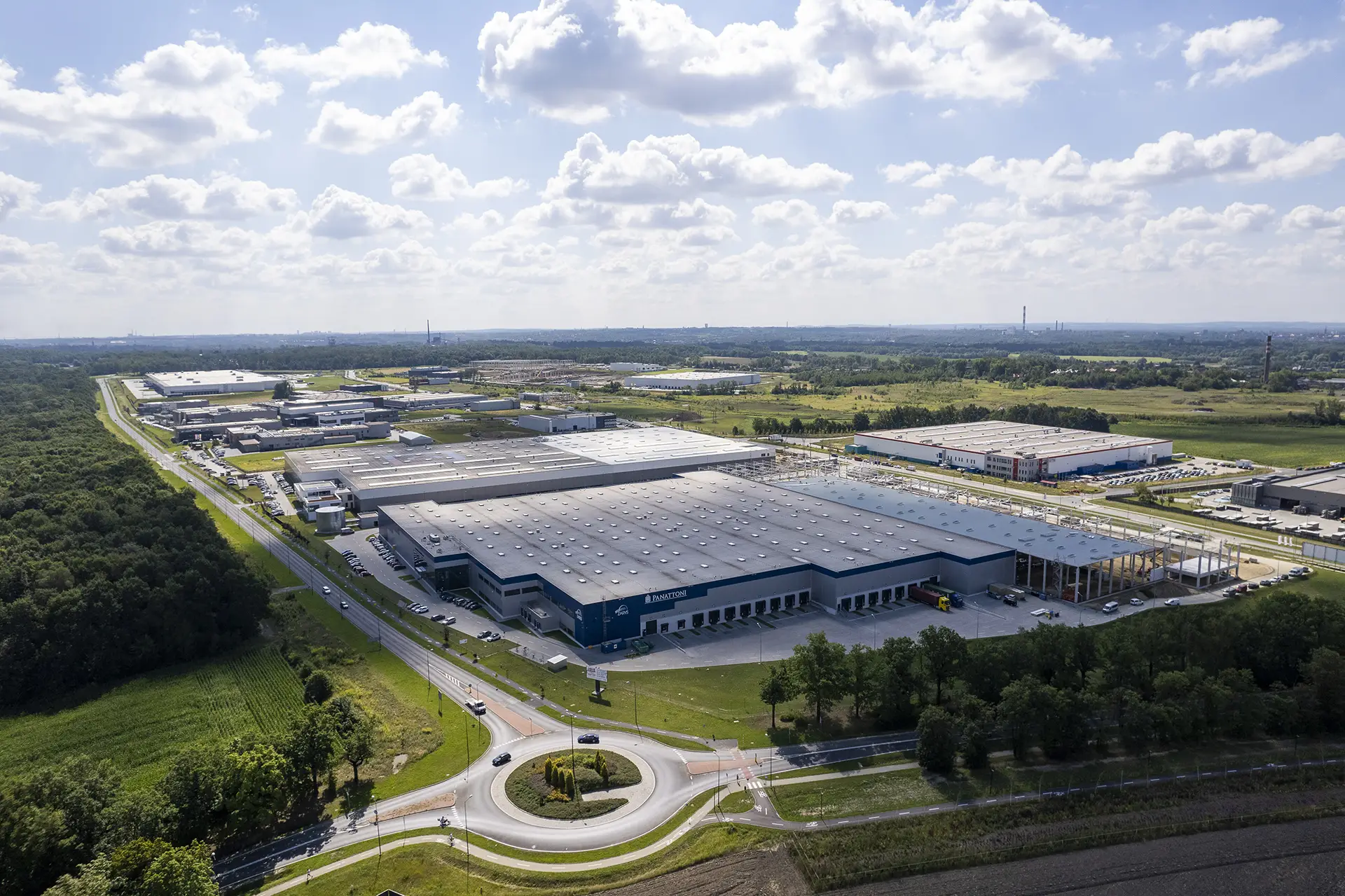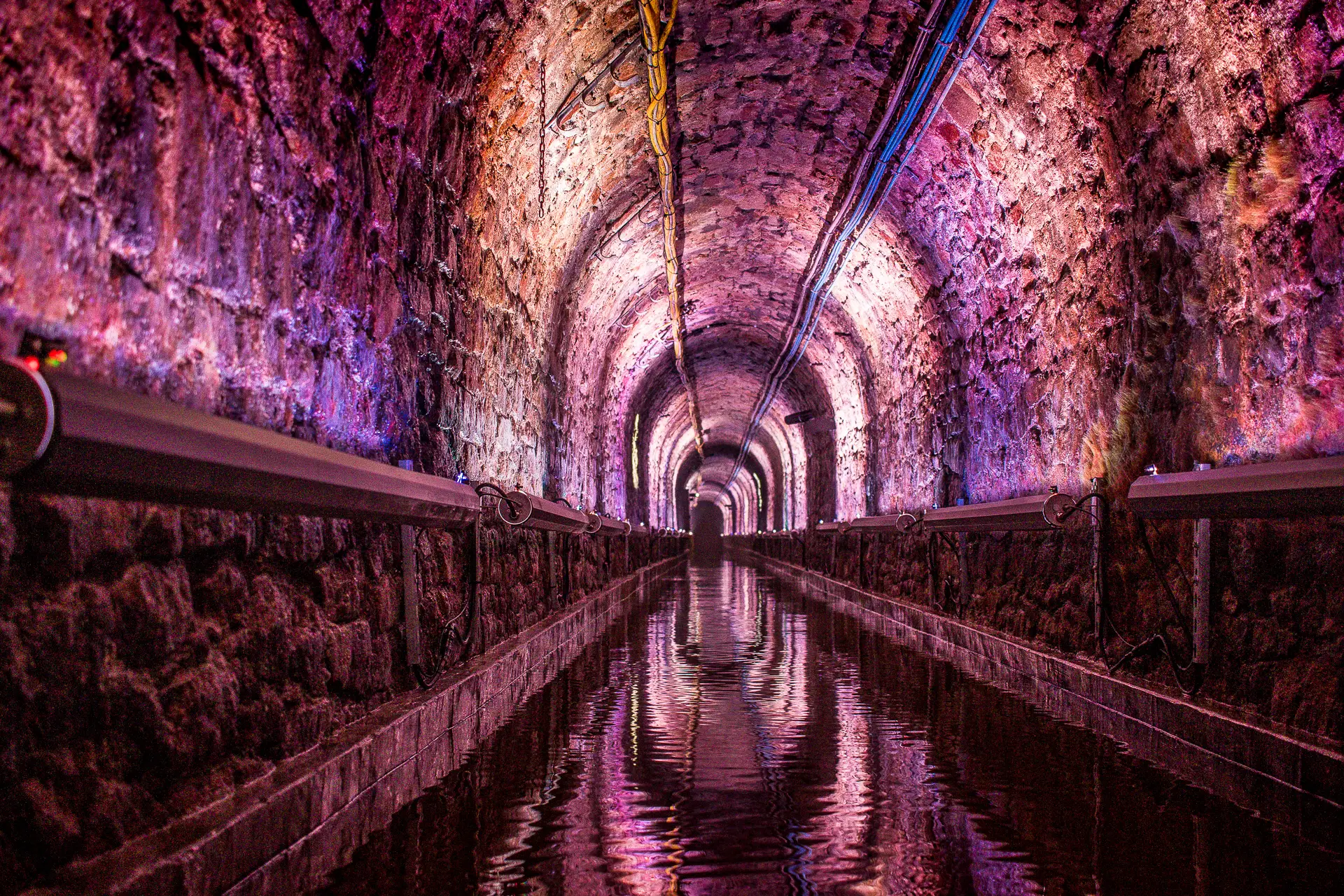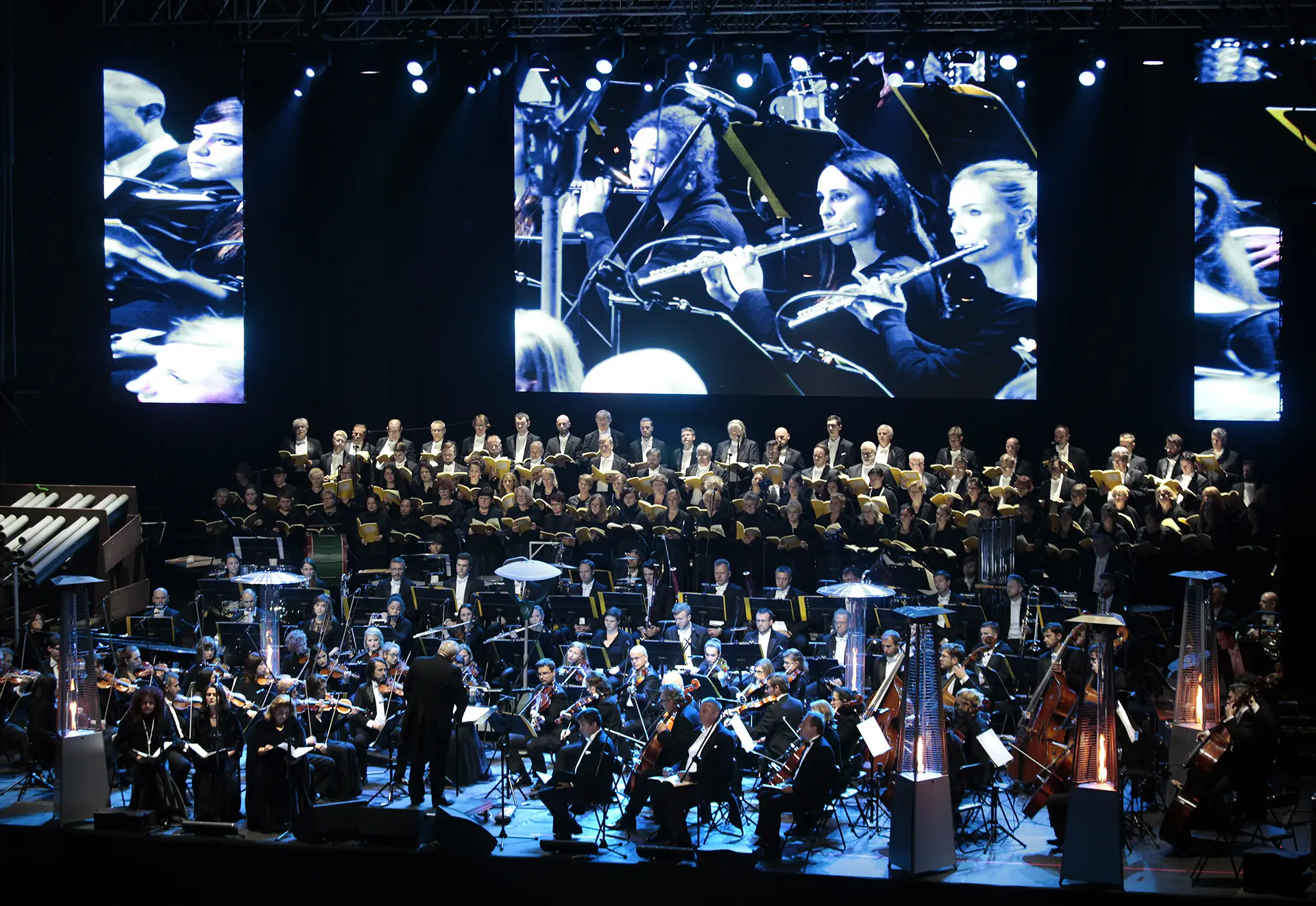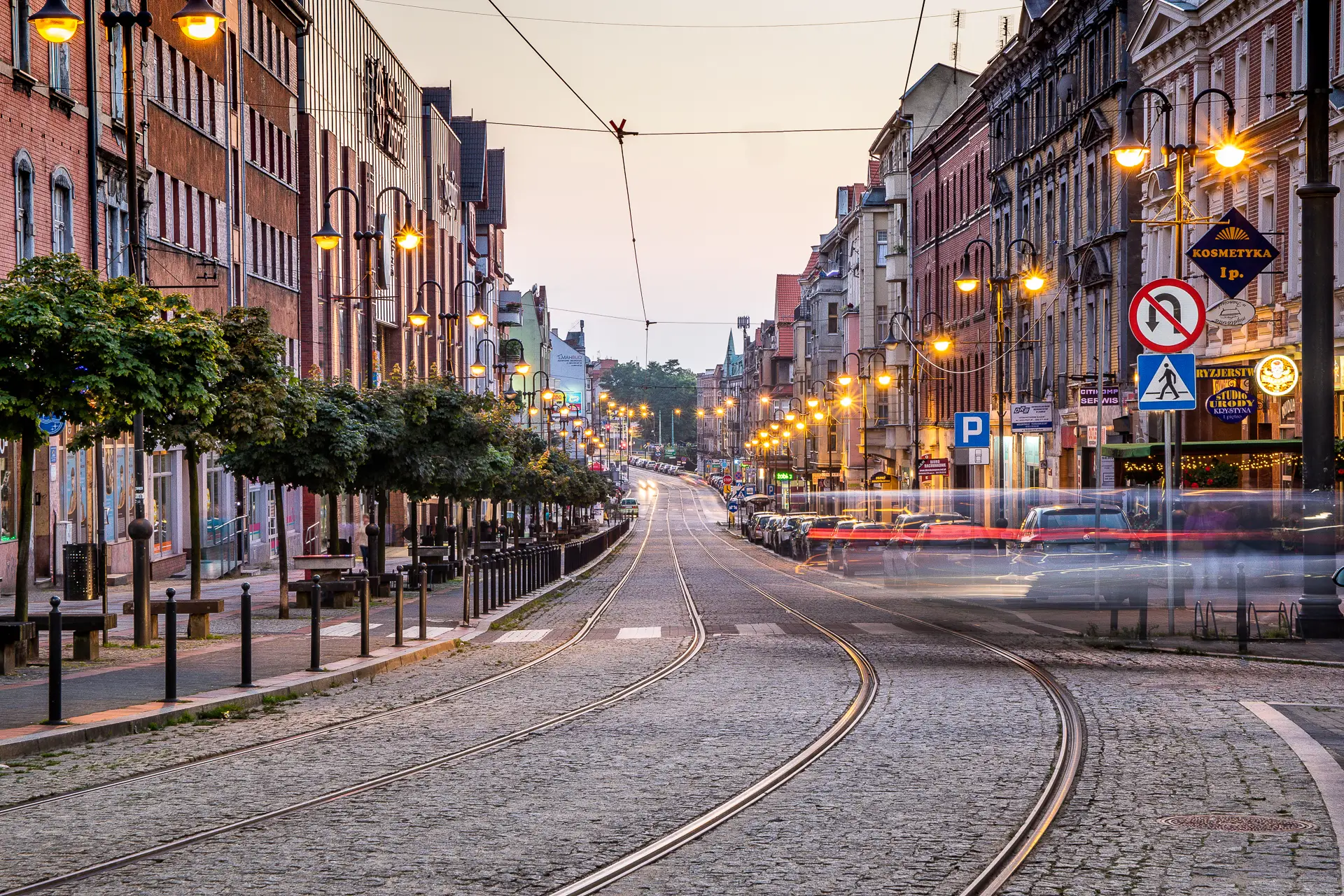Zabrze is an industrial city in Silesia in southern Poland, not far from Katowice. It is the western district of the Silesian metropolis, with a population of about 2 million. Zabrze is located in the Silesian Highlands, on the Bytomka River, a tributary of the Oder.
Until recently, Zabrze was associated with mining and heavy industry. Today, thanks to the consistent actions of the city authorities, it is a thriving city of science, medicine, culture, sports, innovative economy and post-industrial heritage tourism. Zabrze is a city friendly to its residents, open to visitors and attractive to investors.
Last year, Zabrze celebrated the centennial of granting its city charter. There were plenty of events that provided a proper setting for the anniversary. Great concerts – headlined by the Krzysztof Penderecki International Festival – were an opportunity to celebrate the 100th birthday of Zabrze with the family. Performances by José Carreras, the world-renowned tenor, the Zabrze Philharmonic Orchestra and the internationally recognised Resonans con tutti youth choir were an unforgettable experience for the audience gathered in one of the largest concert halls in Silesia.
Heading into the future, Zabrze is aware of the traditions and history that have shaped the city. It is built on the values of respect and regard for other people, family and community, the Silesian work ethos, as well as attachment to European culture. This is the foundation on which the modern city is set. Zabrze has focused on infrastructural, environmental and social measures to improve the quality of life of its residents. To this end, Zabrze has obtained nearly PLN 2 billion in funding from the European Union and other external sources. As a result, several hundred projects expected by residents have been carried out.
With the city’s competitiveness in mind, the infrastructure in the Special Economic Zone has been expanded, with more companies opening plants and creating jobs there. A decision was made to develop the land for PLN 65 million and at the same time, 85% of external funding was skilfully obtained for this purpose. Consequently, companies have invested nearly PLN 2 billion in the area, creating some 2,000 new jobs and contributing to the economic development of the city.

By making huge investments, Zabrze ranks among the best-connected cities in Poland, and the Drogowa Trasa Średnicowa (i.e. the central highway) has shortened the distance between Zabrze and the centres of the Katowice metropolitan area. New apartments are still being built in the city in buildings constructed both by the ZBM-TBS (Residential Board – Social Housing Association) as well as by development companies and private owners.
Medicine is not only a symbol of Zabrze, but also the direction of its development. A high level of health care services is provided by hospitals in the city, headed by the Silesian Centre for Heart Diseases, where Professor Zbigniew Religa performed Poland’s first heart transplant in 1985. Zabrze also strengthens its position with the modernised city hospital, where a renowned Centre for Women’s and Children’s Health and an emergency room equipped with a helipad operate. The Foundation for the Development of Cardiac Surgery, the Institute of Medical Technology and Equipment, and the Department of Biomedical Engineering at the Silesian University of Technology work for the development of medicine. Innovative treatment methods are developed at the “Cardio-Med Silesia” – Silesian Medical Technology Park and materials used in medicine are created at the Centre for Polymer and Carbon Materials of the Polish Academy of Sciences. The local government’s cooperation with universities allowed for the creation of a thriving academic centre for students of the Silesian Medical University, the Silesian University of Technology and the Academy of Silesia.
In Poland and abroad, the city is also recognised for its successfully revitalised post-industrial heritage. The attention of tourists from all over the world is attracted by the objects on the Industrial Monuments Route in the Silesian Voivodeship and the historic Guido mine. The salvaged old AdmiralsPalast hotel, saved Old Gasworks and the restored Water Tower deserve recognition. Restoring and adapting historical monuments, which then serve tourist, educational, social, economic and cultural purposes, was distinguished with the European Commission’s Europa Nostra award, among others. The Grand Prix was awarded to Queen Luiza Adit.
 The cultural Zabrze resounds with great music – also during the aforementioned Krzysztof Penderecki International Festival. The wide repertoire of the Zabrze Philharmonic Orchestra and the New Theatre is complemented by the offer of the House of Music&Dance. In the post-industrial setting, also other events take place, such as the Carbon Silesia Festival.
The cultural Zabrze resounds with great music – also during the aforementioned Krzysztof Penderecki International Festival. The wide repertoire of the Zabrze Philharmonic Orchestra and the New Theatre is complemented by the offer of the House of Music&Dance. In the post-industrial setting, also other events take place, such as the Carbon Silesia Festival.

Zabrze is also a city of sports. The emotions are guaranteed by the football legend, the fourteen-time Polish champion – Górnik Zabrze. The team plays its matches at Arena Zabrze, a stadium with a capacity of nearly 25,000.
In addition, Zabrze takes on many environmental challenges. At a time of economic, energy and environmental crisis, this requires great determination, as well as responsibility. Carrying out green projects, Zabrze builds passenger transfer centres, renews road infrastructure, and improves the thermal efficiency of schools, kindergartens and nurseries. The system heat network is being expanded. More than PLN 1.5 billion has been allocated for this purpose.
In addition to concern for the environment, the local government’s priority is to continuously improve the quality of life of the city’s residents. Being aware of the achievements of previous generations, Zabrze strives for further development, as well as consolidating its position in the metropolis, region and country. Proud of its growth to date, it continues to consistently pursue the activities set out in the “Development Strategy – Zabrze 2030.”



Sledź nas na: